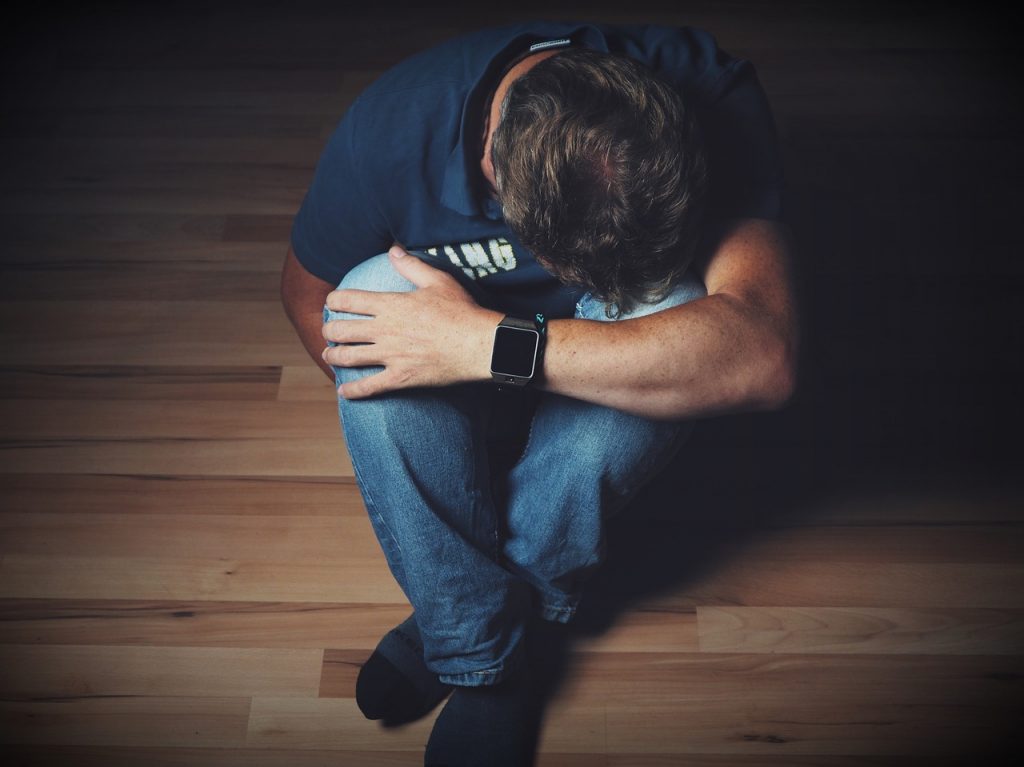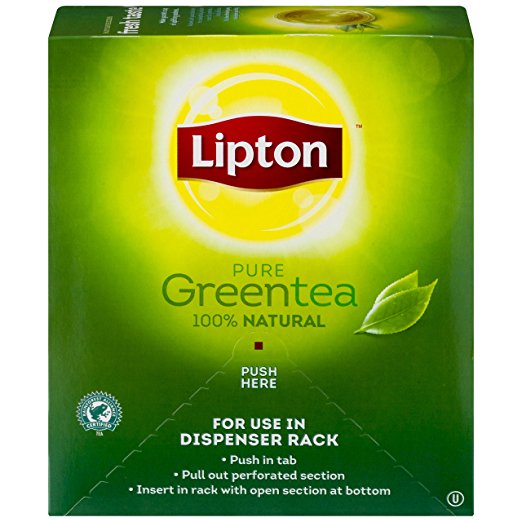Journaling For Emotional Health
What is emotional health? A very important part of each of our lives. In fact, if our emotional health is not good, it is not likely that our physical health will be up to par either. Emotional health is what helps you to reach your full potential, it enables you to work productively and it also helps you to cope with all the stresses and knocks of life effectively. All the above can’t function properly if your physical health is poor. Research completed will show you over and over again the link between physical and mental health. When you have a healthy emotional state, it’s usually because you are in good physical health; probably your blood pressure is normal, you are at low risk of developing heart disease and you are probably at a healthy weight.
- Journaling For Emotional Health
- A bit more about the mental state
- Sleeping patterns
- Changes in weight
- Unexplainable physical signs
- You can’t control your temper
- You are forgetful, tired and obsessive
- You are forever tired, with no energy
- Your memory is vague
- Shunning social stuff because of your mood
- Here are a few more symptoms:
- Journaling is a therapeutic tool that helps
- Is there a difference between journaling and journal therapy?
- Not all can participate in journal therapy or journaling
- Tips to do your own journal writing as therapy in your own self-care
- Conclusion
- Best Emotional Health Products
A bit
more about the mental state

- We’ve all had times when we admit to having a bad day; sometimes it can last for weeks. On those days we might feel down or stressed and depressed even, and sometimes we might have even been heard to say “This is the last straw!” When there is the presence of anxiety and even a depressive type of mood, it does not mean that we have psychological problems, because the feelings mentioned above are familiar to everybody. It’s when it has literally become the last straw for you; that you are actually living on the last straw that the experts say you need help. It’s key to realize just how often you are feeling in this distressed mood, how bad it has become, how long you have been in this “last straw” state.
- In order to be able to gain a bit of perspective on the problems that you might believe are mounting up in your life and not getting any better, experts offer symptoms for you to recognize for those who are in distress, so you can get the necessary help. There is a lifeline.
- To start with, you can chat with your family doctor. He might suggest a complete physical examination to help you. If your physical health is in good order, then your doctor might suggest you undergo some professional counseling.
- Professional counseling: There are many to be found; many types. Look for compassionate counselors. Unfortunately, the psychology of yesterday and the psychiatry of today share a couple of fatal errors; they reject how people’s lifestyle choices and their way of living is probably the underlying cause; they treat the symptoms instead of the heart.
You might be asking – But how do I know I am distressed, depressed and feeling low in spirit? Let’s list the symptoms so that you can see if you fall into this category:

Sleeping patterns

If you are longing to hit the pillows every day, you are sleeping more than you usually do, or even if you can’t seem to fall asleep at night and lie awake for hours, the experts say that you might be experiencing emotional distress. Maybe you are having disturbed sleep a few times in the week and it’s not linked to physical problems, then it is highly probable that you are experiencing anxiety, depression, and distress.
Changes in weight

Either you are gaining weight or you are losing a lot of weight and yet you have not made any changes in your diet. Thinking about food all the time or not being able to face food are also signs of distress. If you are preoccupied with food, your weight, and your body image, eating disorders play a big role in this, particularly young girls and women, and loss of menstruation from changes in appetite can be a sign that trouble is looming.
Unexplainable physical signs
You might be doing full physical workouts at the gym, yet you are experiencing symptoms like headaches, diarrhea, stomach upset, constipation and general pains, particularly in the back.
You can’t control your temper
Yes, you’re OK on your own, but if you get provoked, you kind of burst a fuse, or you are short with your friends and co-workers. This could be because you are over-stressed. Not only is it unhealthy for your mental and physical health, but it is unhealthy for those who share your space as well. If you are unable to control your anger, it’s a sign that you can’t manage your emotions and feelings and it greatly impacts on other people. People who have anger management issues often don’t even realize it because they feel fine when they are on their own, but not fine when dealing with other people. You need to consider counseling if those who come into contact with you regularly are needing to tell you to just calm down and to watch your temper.
You are forgetful, tired and obsessive
Sometimes people who are not emotionally well develop obsessive types of behaviors, like they will want to suddenly start cleaning everything in sight, or they wash their hands all the time, for no logical reason. You might not be fun to be around anymore, always afraid that something bad is about to happen. It can be so bad that you take ages to leave your home in the morning because you need to go through checking the iron, the stove, checking locks, checking if you closed this door and that door or switched off those plugs. When your mind is cluttered up with all these obsessions and compulsions, your life can be taken over completely by anxiety – and then it’s time to take action.
You
are forever tired, with no energy

When your body just can’t handle the emotional overload anymore, it will just start to shut down. That will show up in extreme tiredness. When you are too beat to do the things that you once loved doing, and even though your physical checkup at the doctors shows up that all is OK, it could be sure signs that you are emotionally distressed and depressed.
Your memory is vague
There are many things that can interfere with your memory. For example, in menopause, it can be hormonal. Problems at the office, problems with colleagues, lack of sleep, bad news – there are a host of reasons why your memory can be vague, even Alzheimer’s disease. What is the difference then between these and real mental stress memory problems? Get yourself fully checked out physically just to check that all is OK. If it is not this causing your memory problems, it can well be because you are dealing with anxiety, depression, and stress.
Shunning
social stuff because of your mood
You used to love meeting up with your friends and going out but now you don’t want to, you kind of want to go home and just veg out on your bed, too exhausted and preoccupied to join in. Experts say that these are true signs of your emotions getting out of control because any changes in your social behavior can indicate stress overload. If any phobias or fears as well are preventing you from socializing, you might be experiencing anxiety seriously. The major mental illnesses like bipolar disorder or schizophrenia won’t just arrive from ‘out the blue’. Most of your friends, your family and colleagues will begin to see changes in you, they will begin noticing that all is not OK with you.

Here
are a few more symptoms:
- You start having difficulty performing familiar tasks, even participating in sport.
- You have increased sensitivity; your senses are more heightened to sounds and signs, touch and smells.
- You have a sense of unreality like you feel disconnected.
- You start thinking illogically, or you start exaggerating.
- You are nervous and suspicious about many things.
- You take on ‘odd’ characteristics or peculiar behaviors.
Just one or two of the above symptoms won’t predict that you are mentally not right. But should you be experiencing a few of these all at the same time and they are causing problems in the way you work, you study, your relationships with people and even your loved ones, then you should go and see a health professional. Those people who are emotionally unhealthy do consider suicide and many carry it through – they are no longer thinking in a balanced way and have lost all perspective – these people need attention immediately.

Journaling
is a therapeutic tool that helps

It is thought that using a journal is a wonderful way to improve your mental health. Why so? With journaling therapy, which is like writing therapy, the focus is on the writer writing down or journalizing all his or her internal thoughts, experiences, thoughts and feelings. It is believed that the writer will be able to obtain emotional and mental clarity, confirming his experiences and coming to a deeper understanding about why he or she does certain things and thinks certain things.
The Center of Journal Therapy says that journal therapy is “the purposeful and intentional use of reflective writing to further mental, physical, emotional, and spiritual health and wellness.”
Journaling is simply penning your feelings and thoughts so you can understand yourself more clearly. When struggling with depression or anxiety, journaling helps you to gain control of your emotions and improve your mental health.
Is
there a difference between journaling and journal therapy?

A major difference between keeping a journal and journal therapy is the way the feelings, thoughts, and experiences are captured. With journal therapy, you are encouraged to write down, analyze your concerns and issues. People become reflective, intentional and introspective when it comes to putting down their feelings in writing. The whole purpose of journal therapy is to increase insight and awareness in order to promote growth and change; also to further develop the person’s sense of their self. With journaling, the journal therapist guides a person in the treatment towards their goals. When the person starts writing all their inner thoughts from the heart, it helps to relieve tensions and stress and brings about clarity to the issues which are at hand. A therapist might ask you to start each session writing something down to address the present stuff that is worrying you. The journal is an excellent way to kick-start what you and your therapist will communicate in future. When the session is completed, the therapist might suggest you write in your journal every day so that those feelings can be worked through and discussed for the next session.

Not
all can participate in journal therapy or journaling
Journal therapy is a wonderful therapeutic tool if you are the right candidate, but there will be limitations for certain people. For instance, those who have cognitive problems or intellectual challenges won’t benefit from journal therapy. Naturally, people need to know how to read and write as well. Some therapists say that people writing about very traumatic experiences can sometimes exacerbate symptoms so as not to get positive results. Therapists also need to keep a check on emotional symptoms in their ‘patients’ for signs of perseveration, rumination, and obsessive-compulsiveness in their writings. Often these patterns in behavior don’t improve, but rather contribute to the person’s issues.

Journaling and journal therapy is ideal for people who have difficulty working through their thoughts and processing them, or who find it difficult to track their progress. Today, journaling and journal therapy are used for quite a few conditions. These are:
- Anxiety
- Post traumatic stress
- Depression
- Obsessive-compulsive issues
- Grief and loss
- Substance abuse
- Issues related to chronic illness
- Eating disorders
- Communication skill issues
- Interpersonal relationships issues
- Low self-esteem
Tips
to do your own journal writing as therapy in your own self-care

- Keep your journaling private. Write it in every day so that you can return to see what you have written and your progress.
- Time yourself, so that you don’t get writer’s block because you are thinking too much. Just let your writing flow. Don’t criticize yourself too much and just keep everything real.
- Be honest with yourself, your feelings, thoughts, and experiences when it comes to your inner thoughts. It is being genuine with yourself.
- Try to write every day, setting aside just a few minutes each day.
- Make it easy for yourself, keeping pen and paper with you all the time so you can jot down things you think of. Write whatever feels right for you. No particular structure is required, it’s your space to let your words be free and flowing, with no worries about your spelling or what others might think.
- Remember it’s your journal and you don’t have to share it with a soul. However, if you do want to share some of these thoughts with your loved ones or trusted friends because you don’t want to talk out loud about them, you could.
- Journaling helps you to keep order when your whole world feels chaotic. You get to know yourself because you reveal in your journal all your innermost thoughts, feelings and fears. Look at your journaling as your special personal time to relax and de-stress – where you can confide in your ‘trusted friend’. Do your journaling in a soothing, relaxing place; great for the body and mind.

Journaling is not necessarily a cure-all, but it does reap the benefits of being able to improve your emotional well-being. Research on journaling claims that it helps your immune function, your blood pressure drops, you have improvement in your sleeping patterns, and you are less stressed. People even go less to the doctor after writing in their journals and other studies reveal that wounds heal faster and people even have greater mobility.

For many, writing down their thoughts and feelings is very liberating. With journaling, you can ‘confide’ everything within the pages, what you want, what you are thinking and what you might never tell anyone else. You have the privilege of getting it all off your chest, describing all your trials and tribulations that you experience on a daily basis. Journaling is like talking to another person, ‘releasing’ yourself without anybody having a say on those miserable, petty and insecure feelings you are harboring – your journaling can be the key that opens up your jail and lets you free.
Journaling also offers some of the same benefits as meditation. It’s an opportunity to observe thoughts and feelings, watch them arise, and then letting them go. Just as meditation does not judge thinking, but notes its qualities and how they are constantly shifting, so journaling becomes fluent in your contemplations; helping you to come to terms with all your fears and anxieties, helping you to discern more about your reactions when communicating and interacting with other people. Journalizing is actually therapeutic too because it engages the brain; something that typing and computers can’t do. It is connecting your pen to the paper, and filling pages, providing an inner peace, getting to know yourself. The author, Julia Cameron, in her book, The Artist’s Way, has convinced many a person to simply and quickly write 750 words each morning to “clarify, comfort, provoke, cajole, prioritize and synchronize the day at hand”.
Imagine tossing away your diary when you have left your depression and anxiety behind you, the liberating feeling of tossing it – forcing you to face facts that everything does matter, and yet, in the end, nothing does. And you keep going because tomorrow is another day with more news.
Conclusion

People who do have good emotional health can still experience mental illness or emotional problems because many times, the cause of mental illness is physical. It could be a chemical imbalance in your brain. If you have stress in your family, your home, your work, it can trigger off mental illness or make it worse. There is counseling, support groups, and medicines to help these people. You needn’t suffer alone, – there is a doctor to talk to who will help you find the right treatment.
There are many strategies to try and safeguard your emotional health and one excellent way is to eat the right foods and get plenty of sleep – almost the most important things. Whole foods can promote sanity health. Believe it, there are foods which can send out alarms to the emotional center causing inflammation. Eliminating gluten, caffeine, dairy, and sugar from your diet is an excellent start and eating fresh is an added bonus. It is almost guaranteed that you will feel more emotionally resilient as well as not being as vulnerable as to how stress and drama can impact on your mood. Look here, and read about top foods and start living in peace within yourself again.
Too much of your day in your world is rushing ahead at 100 mph. Don’t rush your self-care. Keep your worries tiny and let your dreams be carefree and big!









